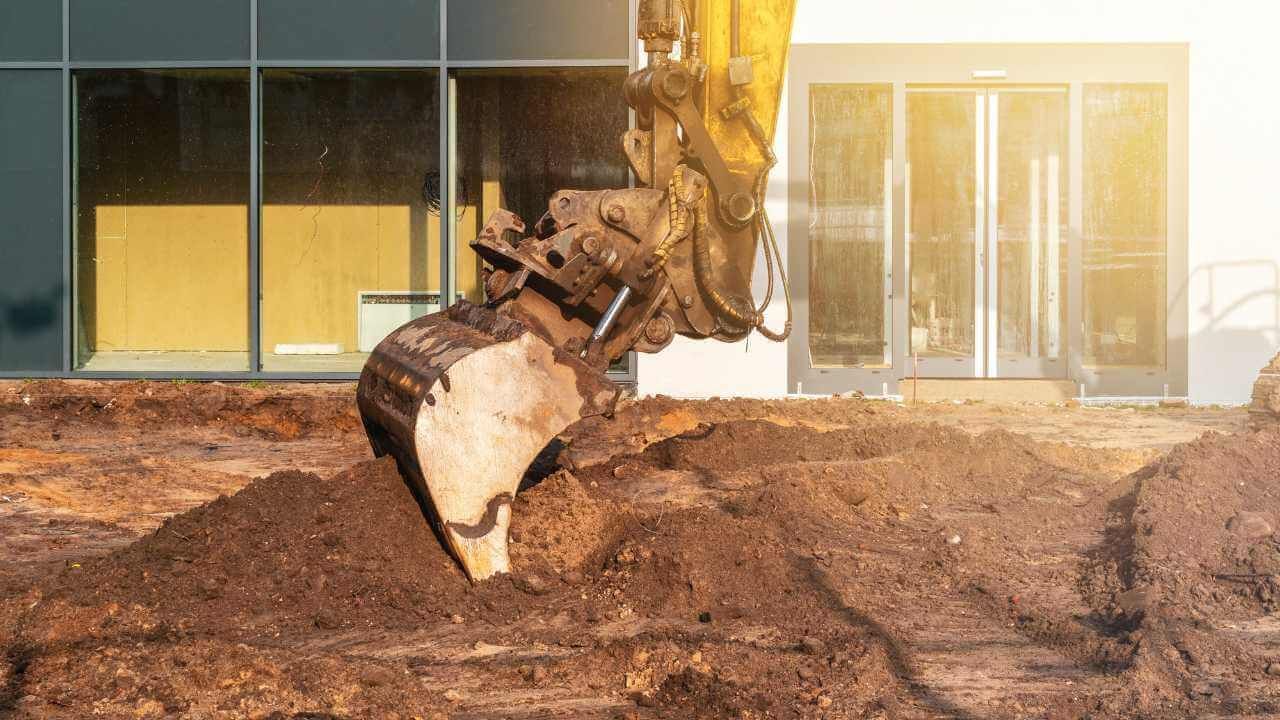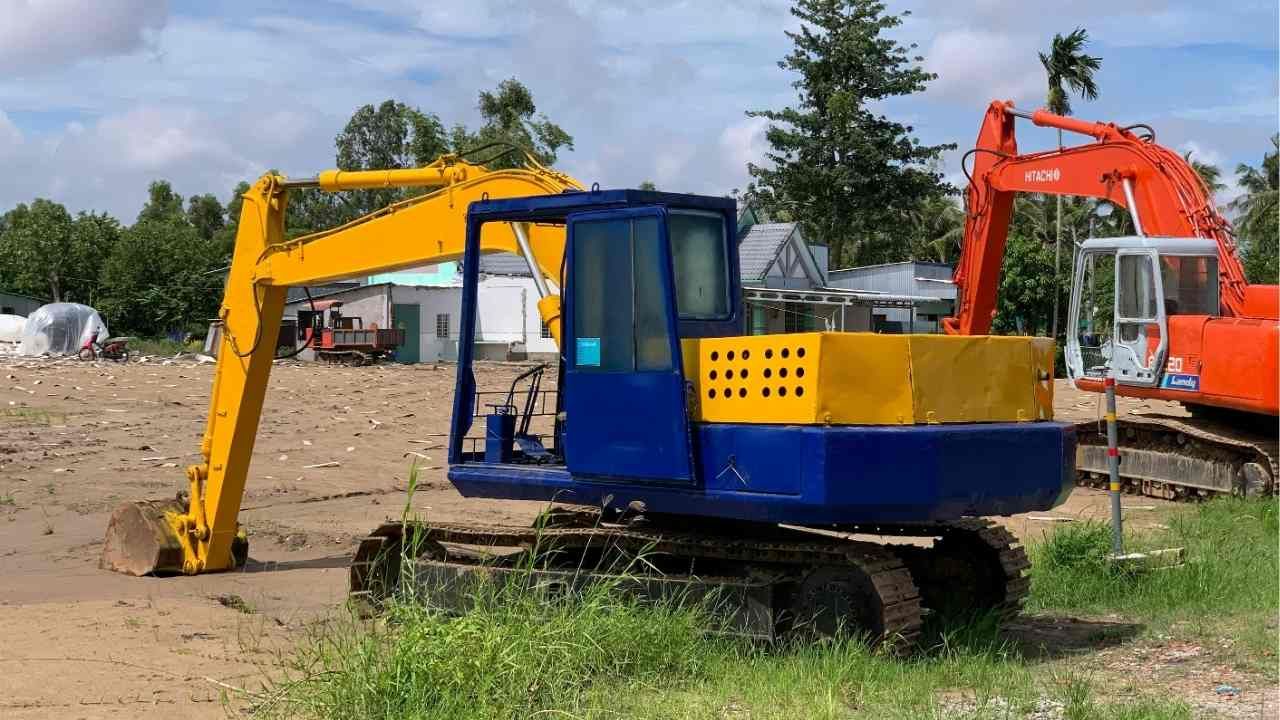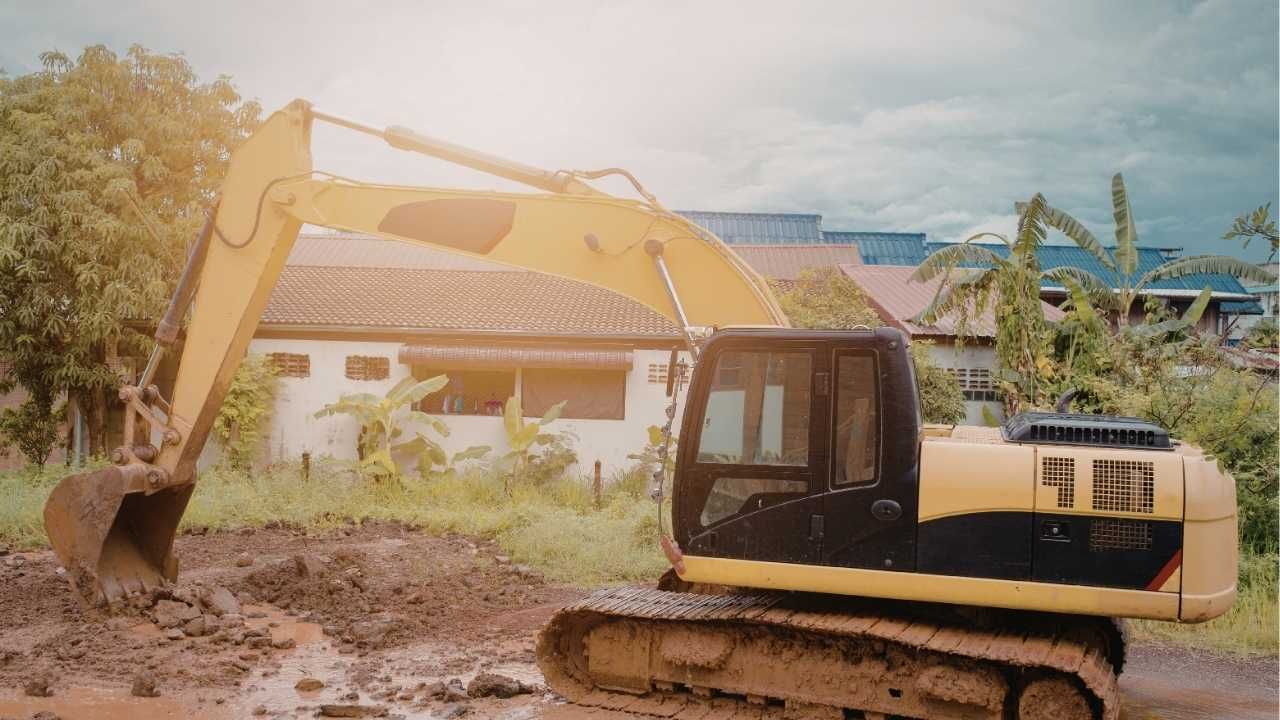What Are the Key Steps in Preparing a Site for Excavation?

Before you can break ground on any construction project, there’s a lot of prep work that goes into ensuring the site is ready for excavation. Whether you're building a new home, installing a septic system, or adding an extension to your property in Spencer, MA, proper site preparation is crucial. As any reputable excavation contractor will tell you, rushing through these steps can lead to costly mistakes and delays down the road.
Here's a step-by-step guide to help you understand what goes into preparing a site for excavation.
1. Site Survey and Assessment
The first step in site preparation is conducting a thorough site survey. This involves evaluating the topography of the land, the soil composition, and any existing structures or natural features like trees or bodies of water. A site survey provides critical information that will influence the excavation plan. For instance, rocky or unstable soil may require specialized equipment or techniques.
During this phase, an excavation contractor Spencer MA will also identify any potential obstacles that could affect the excavation, such as underground utilities or drainage issues.
2. Utility Checks
Before any digging begins, it's essential to check for underground utilities like gas lines, water pipes, and electrical cables. Hitting a utility line during excavation can be dangerous and expensive, not to mention the legal repercussions.
In Massachusetts, you’re required to notify Dig Safe, a service that will mark the location of any buried utilities on your property. Once these utilities are marked, the excavation team can plan the dig accordingly to avoid them.
3. Securing Permits
Excavation projects often require permits from local authorities, especially if the work involves significant land disturbance. Depending on the scope of the project, you might need permits for grading, erosion control, or even tree removal.
Make sure your contractor is familiar with the local regulations in Spencer, MA. An experienced excavation contractor will handle the permit process for you, ensuring all paperwork is in order before the project begins.
4. Site Clearing
Once the permits are secured, it’s time to clear the site. This step involves removing trees, shrubs, rocks, and any debris that could interfere with the excavation process. In some cases, the site may also need to be graded to create a level surface for the work ahead.
Clearing the site not only makes it easier for the excavation team to do their job but also helps prevent potential accidents or delays caused by obstructions.
5. Erosion Control
In areas prone to erosion, such as sloped properties or sites near bodies of water, it’s essential to implement erosion control measures before excavation begins. This can involve installing silt fences, retaining walls, or other barriers to prevent soil erosion during and after the excavation.
Proper erosion control protects your property and the surrounding environment, ensuring that the site remains stable throughout the construction process.
6. Setting Up Access Routes
Heavy machinery like bulldozers, backhoes, and dump trucks will need access to the site, so it’s important to establish clear access routes before excavation starts. These routes should be wide enough to accommodate the equipment and positioned to minimize disruption to the surrounding area.
If your property has limited access, you might need to coordinate with neighbors or secure additional permits to use adjacent land.
7. Excavation Planning
With the site cleared and all preliminary steps completed, the excavation contractor will finalize the excavation plan. This plan details how the excavation will proceed, including the depth and dimensions of the dig, the equipment needed, and the timeline for completion.
A well-thought-out plan ensures that the excavation process goes smoothly, with minimal surprises or setbacks.
Conclusion
Proper site preparation is the foundation of any successful excavation project. From conducting a site survey to securing permits and setting up access routes, each step plays a crucial role in ensuring the excavation is done safely and efficiently. If you’re searching for “excavation services near me,” make sure you choose a contractor who understands the importance of these steps and has the experience to execute them flawlessly.
Get in touch with
our team today to ensure your site is prepared correctly from the ground up. Whether you’re planning a small residential job or a large commercial project, getting expert help with your site preparation is the first step to success. Don’t wait—get started today!




